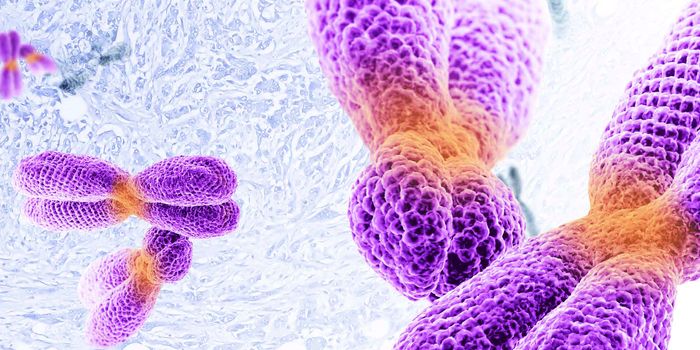Immunotherapy and Cancer Vaccine Combination for Hepatocellular Cancer
Hepatocellular carcinoma (HCC), the most common type of liver cancer, accounts for about 75% of adult primary liver cancer diagnoses. Blockade of programmed cell death protein 1 (PD-1) has had minimal impact on countering survival rates, which remain under 10%. Less than 20% of HCC cases respond to PD-1 blockade as a monotherapy. The lack of efficacy of immune checkpoint inhibitors on HCC relates to low infiltration of specialized immune cells called cytotoxic T lymphocytes (CTLs), the cells needed to kill cancer.
Because of the limited efficacy of PD-1 blockade as a monotherapy, researchers continue to develop new strategies that combine immunotherapy with other treatments. A recent phase 1/2 study (NCT04251117) evaluated one such combination approach, including PD-1 blockade and a personalized therapeutic cancer vaccine (PTCV). The researchers recently published their findings in Nature Medicine.
Researchers generated the PTCV used in the study, which includes 40 neoantigens, proteins derived from mutations in cancer DNA that are present on the surface of the tumor. The immune system recognizes neoantigens as foreign and thus initiates an immune response against cells expressing them. The HCC patients enrolled in the trial received PTCV and pembrolizumab, an inhibitor of PD-1.
The researchers reported limited treatment-related side effects, the most common being skin reactions at the injection site, which occurred in about 42% of patients. No patients experienced toxicities that prevented them from completing the course of treatment.
The study had a remarkable objective response rate (the percentage of patients who experienced a partial or complete response to treatment) of 30.6%. Of the responders, 8.3% achieved a complete response. The researchers also evaluated neoantigen-specific immune responses and found specificity in 86.4% of patients. Further analysis revealed active, proliferating CTLs in the tumors. The immune cells that expanded following vaccine administration reacted to the neoantigens encoded by the PTCV.
The authors conclude that PTCVs induce CTL infiltration into HCC tumors. Further, in combination with PD-1 blockade, PTCV delivers a safe and feasible therapy with clinical responses against HCC. Because PTCV induces CTL infiltration into the tumor, the findings also suggest that similar cancer vaccines could work well in combination with other immune-based therapeutic approaches.
Sources: Cancers, JCI Insight, Nat Med









